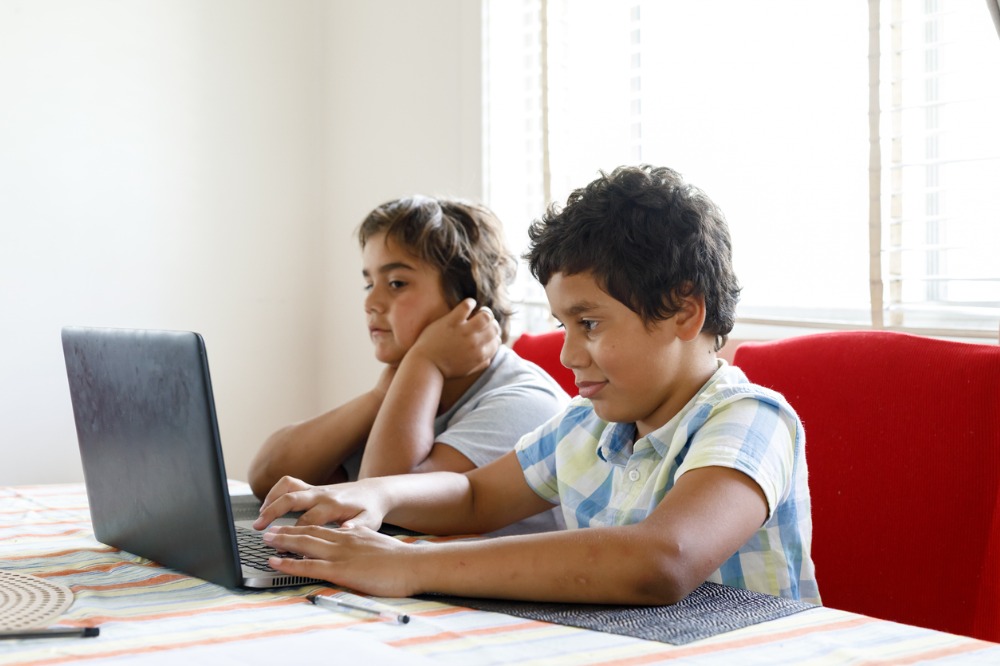
Young Australians are increasingly turning to social media for sexual and reproductive health support, report reveals.
The report, by researchers from Swinburne University, highlights the reasons young adults (aged 18-29) turn to digital technologies for sexual and reproductive health support.
The study found that social media is providing much-needed validation of young people’s personal experiences, particularly for those experiencing chronic pain or identifying as LGBTQIA+, as well as providing sexual health education that may be missed at school or required post-graduation.
The findings have implications for schools, which teach this important topic but perhaps not to the extent that young people want.
A 2022 study by Act for Kids found more than three quarters (79%) of Australians say the sex education they received at school did not prepare them for real life experiences, with less than half (41%) saying their education was adequate.
Concerningly, more than a third (33%) of Aussies say they did not receive any sex education at school, with less than a fifth (19%) saying they learnt about consent and relationships at school – despite more than two-thirds (66%) of Aussies becoming sexually active when they were 18 years old or younger.
“There are lots of ‘adult’ topics that school-based sex education doesn’t cover, and social media platforms are filling these gaps with both information and peer support,” Professor Kath Albury, the study’s co-author and leader of the ARC Future Fellowship project ‘Digital and data capabilities for sexual health policy and practice, said.
“These spaces are often dismissed as ‘misinformation’, but our participants valued them as sites of validation for lived experiences of sexual, reproductive and gender health.”
The study found that TikTok is another source of validation, particularly for those experiencing symptoms of conditions such as endometriosis, or those seeking gender-affirming healthcare.
“This population group are aware that information available online can be inaccurate or catastrophised,” Professor Albury said. “But they want health providers to take their health concerns seriously during consultations – even when they mention TikTok”.
Young people value factual communication of medical information, but this is not all that’s required to offer high quality digital services, Professor Albury said.
“Some organisations assume that hiring young staff will fix this issue, but health workers under 30 are not automatic digital experts, even if they are so-called ‘digital natives’,” she said. “The digital transformation of youth sexual and reproductive health is still an under-resourced work-in-progress.”
Although people aged 12-29 are the ‘priority population’ within Australian sexual health policies, young adults who have left formal schooling are often left out of policy and research.
Professor Albury and her team are currently buildings resources to support digital and data capabilities in the sexual and reproductive health sectors.
“The sector is beginning to recognise the different ways that digital and data skills, infrastructure and governance can support sexual and reproductive health. But better training and resourcing is still needed for the emerging health workforce,” she said.
“Our project’s recommendations and resources will hopefully pave the way forward for productive dialogues between policymakers, funders, the health workforce and health consumers.”


